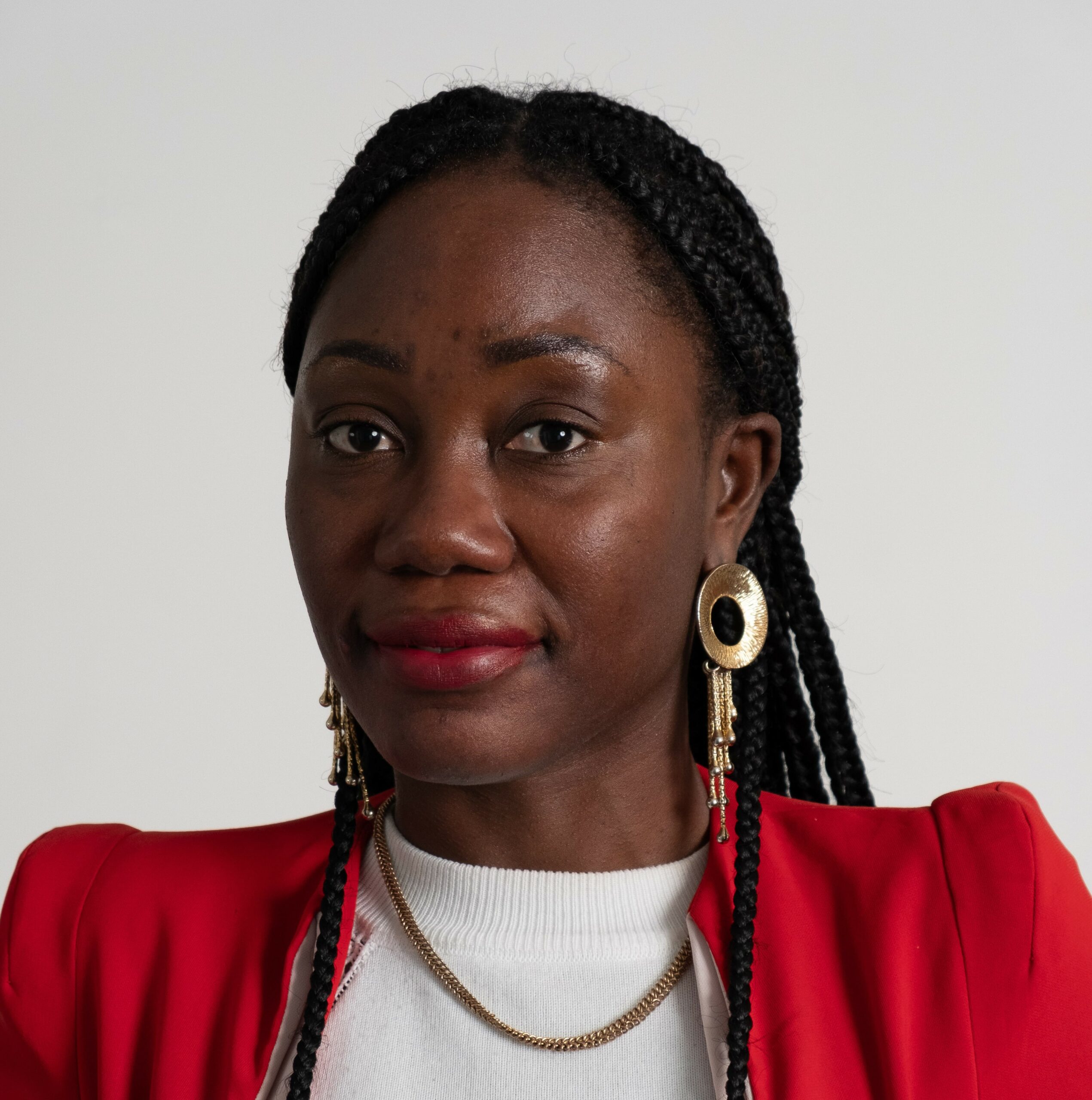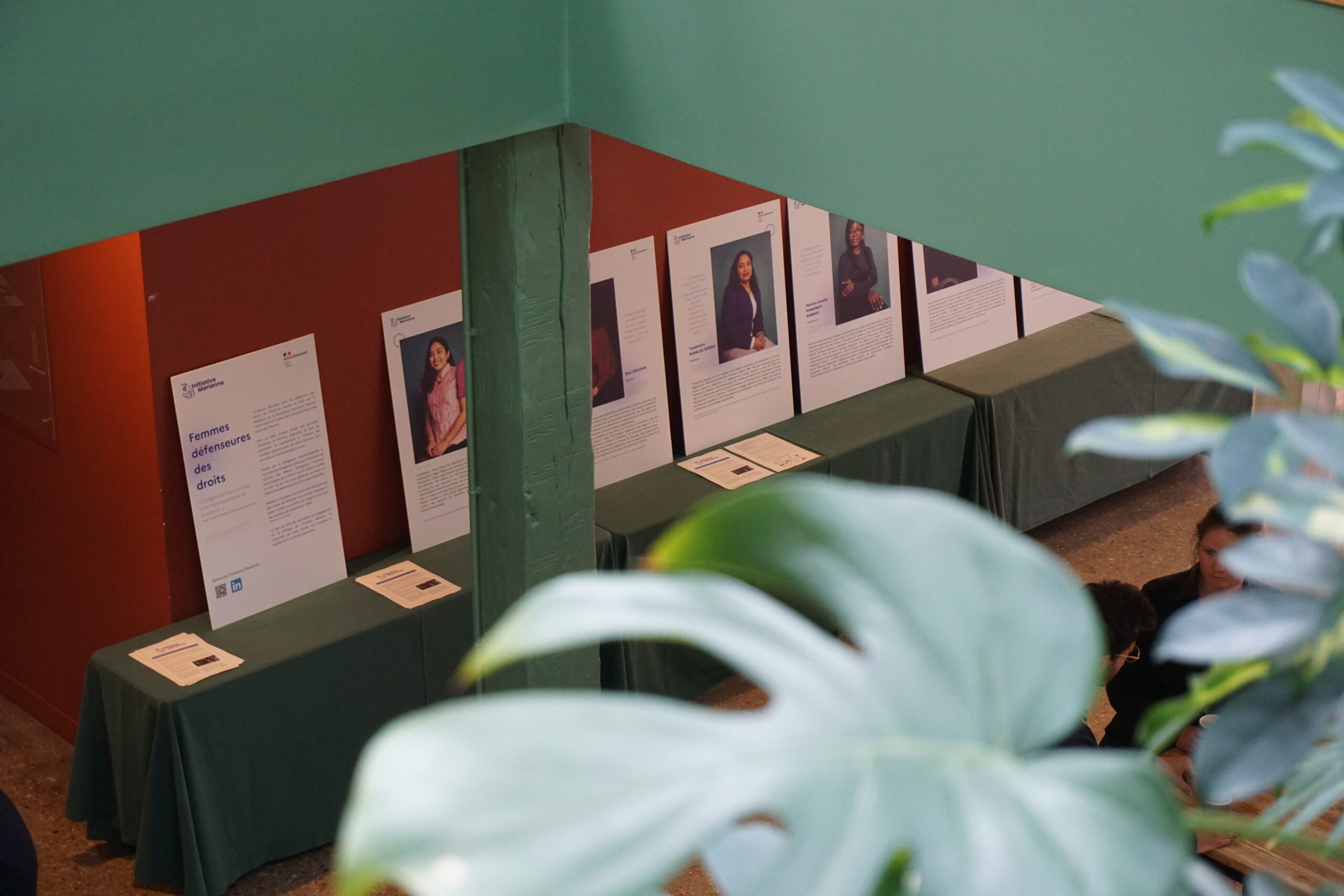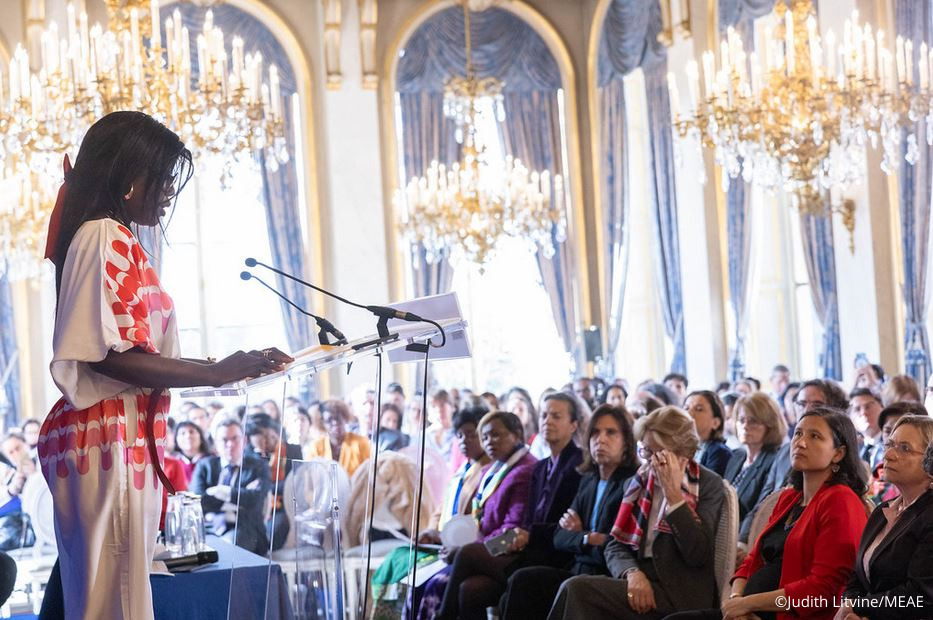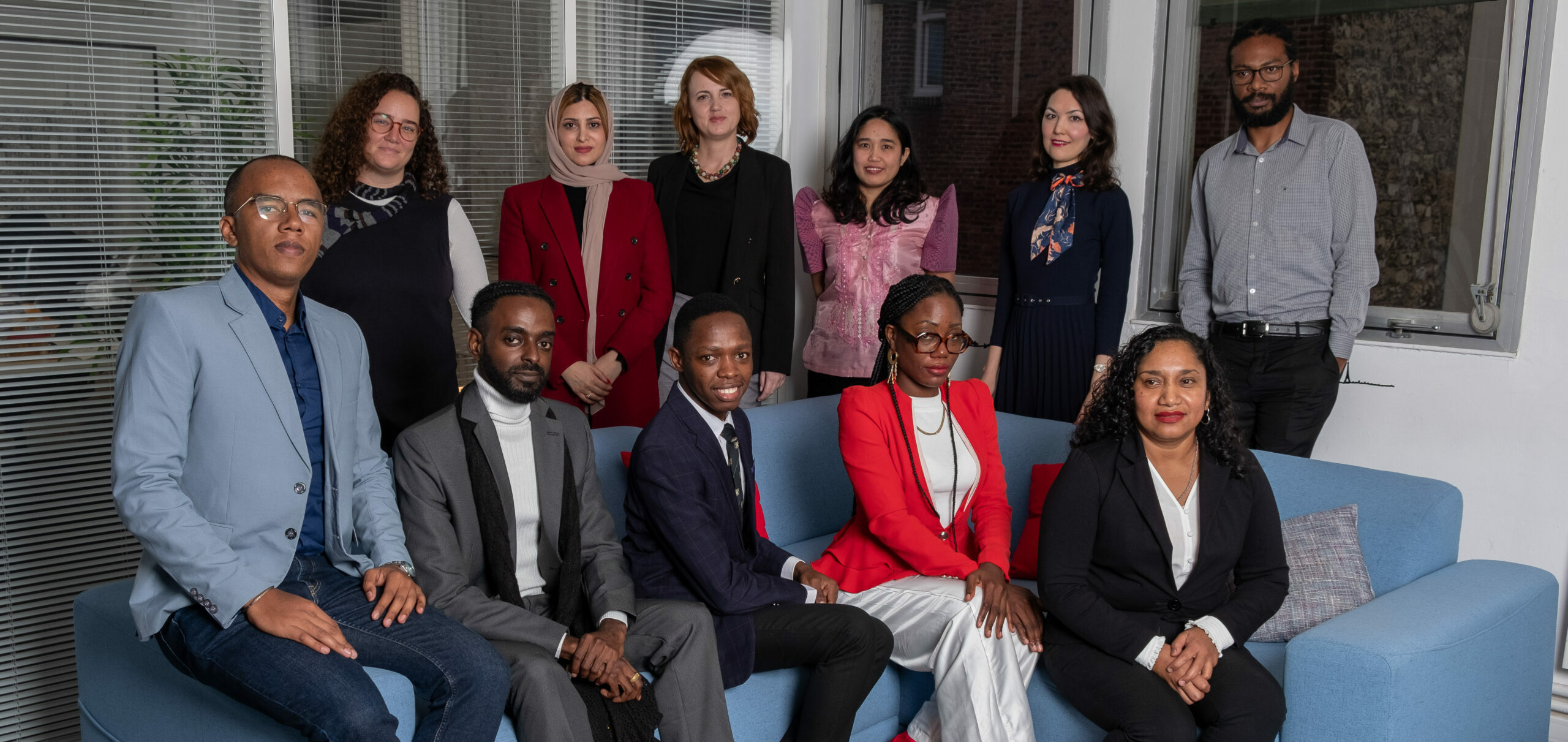
MANENG'S SUNDAY Patricia Carolle
Women's and children's rights and the fight against sexual violence in conflicts
Description
Patricia Carolle Maneng's Sunday is a doctoral student in International Relations and a feminist activist working for access to education for young girls, women's economic independence and their involvement in strategic and political decision-making. She has received numerous awards and nominations in Africa for her work in helping girls and young women from crisis areas to integrate academically and economically into their host communities. Patricia founded "Girls Empowerment for Leadership Association (GELA)" in 2019, with a mission to promote the empowerment of young girls through education, gender equality, the education and social reintegration of young mothers and female dynamism and leadership by combating major contemporary scourges. Its activities include prevention, training and support, as well as a forum for reflection and exchange on gender-related social issues.
"Committing to equality, defending rights and carrying the values of justice and inclusion."
Interview with Patricia Carolle Maneng's Sunday - January 26, 2024
Could you please introduce yourself?
I'm Patricia Maneng's, a 32-year-old Cameroonian doctoral student in international relations. I fight for access to quality education for young girls, economic independence for young women, and the inclusion of women in decision-making.
Can you describe your commitment as Human Rights Defender?
I am committed to the rights of women and girls in conflict zones, and in particular to their access to education. I promote gender equality, social inclusion, female leadership and a sense of civic responsibility.
I founded Girls Empowerment for Leadership Association (GELA) in 2019. This association aims to raise awareness and empower women and girls through education. It also helps combat contemporary scourges such as GBV (Ndla : gender-based violence), early marriage, pimping and prostitution.
My action is characterized by the development of prevention activities, cultural activities, coaching and capacity building for young girls and women. I have also created a forum for reflection and exchange on gender-related issues. Although my action is aimed at a female audience, I don't exclude men, whose mentality must change if I am to succeed.
Why did you decide to get involved in human rights?
Ever since I was a little girl, I felt it was my duty to get involved, first as a young girl, then as a woman. I didn't accept the patriarchal system in Cameroon. The crisis in Cameroon had also led to a significant increase in the precariousness of women's lives, who were turning to prostitution, a situation I felt powerless to change. So I wanted to get involved in the education of young women, which can help them gain confidence, as it did for me. I wanted all women to benefit from my experiences, which is why I committed myself to their cause.
In 2018, I organized a charity event for the first time to pay school fees and equipment for young girls; pay vocational training fees for young women; make microcredits available for women to open small businesses; empower women to deal with the consequences of armed conflict. In 2019, I've decided to set up my own association to ensure that donations go to the cause I'm defending.
What do you expect from the Marianne Initiative as you consolidate your project?
For me, the Marianne Initiative is an international platform for helping young girls and women. Through its training courses, particularly in advocacy, it will enable me to acquire knowledge that I can pass on to GELA members and beneficiaries, who in turn will be able to pass it on as part of our action. Through this mentoring process, I'll be able to raise awareness among a larger number of people. I also expect the Marianne Initiative to support me logistically, institutionally and financially in the design of my project, in order to make the cause of women more visible.
What do you expect from the Marianne Initiative program?
The Marianne Initiative's activities will enable me to open an extension of GELA in France, not only to raise potential funding, but also to coordinate activities in Cameroon. My aim is to forge links with French organizations, institutions and associations so that I can develop my association abroad.
What do you plan to do after the program ends?
After the program, I plan to finish my PhD, which will enable me to take up new opportunities. At the same time, I'd like to continue developing the " Women and Girls reinsertion IDPs program : Academic, economic and political reinsertion of displaced girls and women from NOSO-Cameroon crisis regions ". This project aims to train women in decision-making and crisis resolution. Prior to my arrival in France, I also carried out activities to identify victims of GBV, in order to open listening cells and legal clinics, and this is a project I'd like to continue at the end of the program.
Would you like to add anything?
I'd like to go back over the activities I've carried out in recent years, particularly with GELA. The association has enabled us to set up a large number of projects:
- awareness-raising activities, training for educators and women, discussion groups on various themes (the right to a healthy and safe environment, climate change, sexually-transmitted diseases, health risks, etc.) aimed at educating participants;
- discussion groups for victims of SGBV and psychosocial support;
- discussion forums with influential institutions (World Bank, Commonwealth, German Embassy in Cameroon) on various themes;
- my participation in international conferences (African Women's Summit) and my nomination for several awards (Girls Empowerment Champion).
Do you have a question? Please contact us!
Contact


